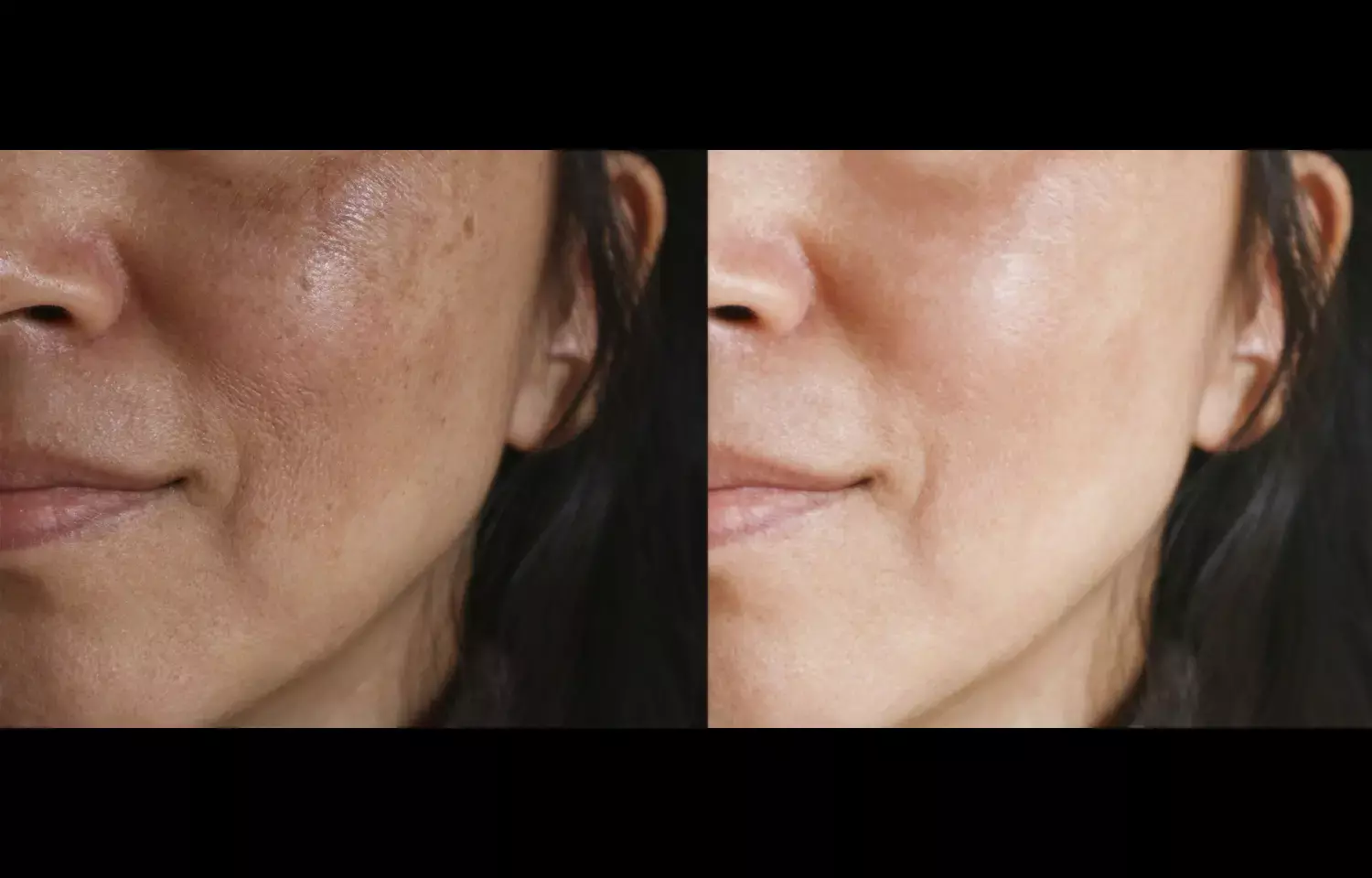- Home
- Medical news & Guidelines
- Anesthesiology
- Cardiology and CTVS
- Critical Care
- Dentistry
- Dermatology
- Diabetes and Endocrinology
- ENT
- Gastroenterology
- Medicine
- Nephrology
- Neurology
- Obstretics-Gynaecology
- Oncology
- Ophthalmology
- Orthopaedics
- Pediatrics-Neonatology
- Psychiatry
- Pulmonology
- Radiology
- Surgery
- Urology
- Laboratory Medicine
- Diet
- Nursing
- Paramedical
- Physiotherapy
- Health news
- Fact Check
- Bone Health Fact Check
- Brain Health Fact Check
- Cancer Related Fact Check
- Child Care Fact Check
- Dental and oral health fact check
- Diabetes and metabolic health fact check
- Diet and Nutrition Fact Check
- Eye and ENT Care Fact Check
- Fitness fact check
- Gut health fact check
- Heart health fact check
- Kidney health fact check
- Medical education fact check
- Men's health fact check
- Respiratory fact check
- Skin and hair care fact check
- Vaccine and Immunization fact check
- Women's health fact check
- AYUSH
- State News
- Andaman and Nicobar Islands
- Andhra Pradesh
- Arunachal Pradesh
- Assam
- Bihar
- Chandigarh
- Chattisgarh
- Dadra and Nagar Haveli
- Daman and Diu
- Delhi
- Goa
- Gujarat
- Haryana
- Himachal Pradesh
- Jammu & Kashmir
- Jharkhand
- Karnataka
- Kerala
- Ladakh
- Lakshadweep
- Madhya Pradesh
- Maharashtra
- Manipur
- Meghalaya
- Mizoram
- Nagaland
- Odisha
- Puducherry
- Punjab
- Rajasthan
- Sikkim
- Tamil Nadu
- Telangana
- Tripura
- Uttar Pradesh
- Uttrakhand
- West Bengal
- Medical Education
- Industry
Oral vs. Topical TXA: Comparable Effectiveness and Safety in treatment of Melasma

Melasma is a chronic pigmentary disorder characterized by symmetric, hyperpigmented macules and patches on sun-exposed areas, most commonly the face. It disproportionately affects women and is associated with significant psychosocial distress. Among emerging therapies, tranexamic acid (TXA), an antifibrinolytic agent with anti-melanogenic properties, has gained attention as both an oral and topical treatment option. However, comparative data on route-specific efficacy and safety have remained limited.
A recent prospective study compared the effectiveness and safety profiles of oral and topical TXA in patients with moderate-to-severe melasma. Participants were randomly assigned to receive either oral TXA tablets or topical TXA formulations over a defined treatment period. Clinical improvement was evaluated using the Melasma Area and Severity Index (MASI), standardized digital imaging, and patient-reported outcomes. Safety was assessed through monitoring of adverse events and laboratory parameters.
Results demonstrated that both oral and topical TXA significantly reduced MASI scores from baseline, with improvements visible within the first 8 weeks and sustained throughout the study duration. Patient satisfaction scores were similarly high in both groups, indicating clinically meaningful benefit regardless of administration route. Importantly, the incidence of adverse effects was low across both arms.
Mild gastrointestinal discomfort was occasionally reported in the oral TXA group, while transient local irritation was observed in the topical TXA group. No serious adverse events or thromboembolic complications were reported, reinforcing the safety profile of both approaches. The findings suggest that oral and topical TXA offer comparable efficacy in melasma treatment, with similarly favorable safety outcomes. This provides clinicians with flexibility in tailoring treatment to patient preference, tolerability, and convenience. For patients reluctant to take systemic therapy, topical TXA represents a viable alternative, while oral TXA may be preferable for those seeking systemic benefits or with extensive involvement. Overall, this study supports the role of TXA as a versatile therapeutic agent in melasma management. Long-term studies with larger cohorts are warranted to confirm durability of response and further evaluate relapse rates post-treatment.
Reference
Dr. Shravani Dali has completed her BDS from Pravara institute of medical sciences, loni. Following which she extensively worked in the healthcare sector for 2+ years. She has been actively involved in writing blogs in field of health and wellness. Currently she is pursuing her Masters of public health-health administration from Tata institute of social sciences. She can be contacted at editorial@medicaldialogues.in.
Dr Kamal Kant Kohli-MBBS, DTCD- a chest specialist with more than 30 years of practice and a flair for writing clinical articles, Dr Kamal Kant Kohli joined Medical Dialogues as a Chief Editor of Medical News. Besides writing articles, as an editor, he proofreads and verifies all the medical content published on Medical Dialogues including those coming from journals, studies,medical conferences,guidelines etc. Email: drkohli@medicaldialogues.in. Contact no. 011-43720751


